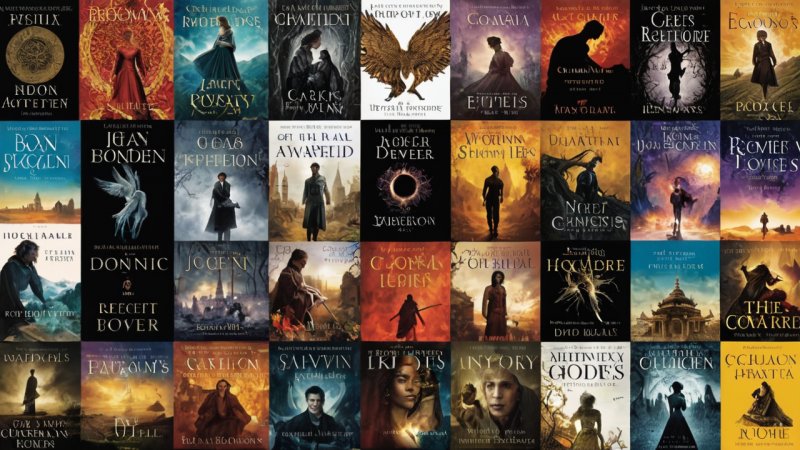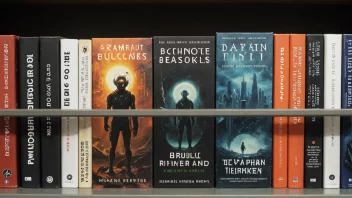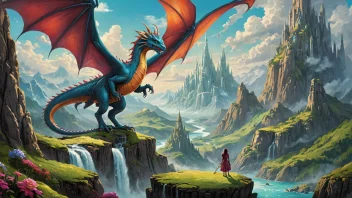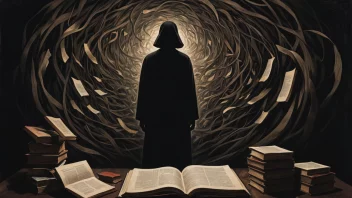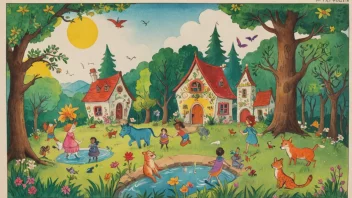1. Harry Potter Series by J.K. Rowling
The Harry Potter series has captivated millions of readers around the world since its debut in 1997. Following the journey of a young wizard, the series has not only transformed children's literature but has also sparked a massive global fandom, resulting in movies, merchandise, and even a theme park. Its themes of friendship, bravery, and the battle between good and evil resonate with readers of all ages.
2. The Da Vinci Code by Dan Brown
The Da Vinci Code combines history, art, and religion in a thrilling quest that examines the mysteries behind iconic artworks and the secrets of the past. Upon its release in 2003, it became a bestseller and ignited intense debates about its controversial themes, leading to a renewed interest in art history and religious studies.
3. Fifty Shades of Grey by E.L. James
Released in 2011, Fifty Shades of Grey took the literary world by storm, bringing erotic romance into the mainstream. This novel not only topped bestseller lists but also fueled discussions about sexual freedom, consent, and the complexities of modern relationships, making it a cultural touchstone.
4. To Kill a Mockingbird by Harper Lee
To Kill a Mockingbird, published in 1960, remains a powerful commentary on racial injustice and moral growth. As a staple in high school curricula, it has influenced generations of readers and ignited discussions about empathy, justice, and the human experience, solidifying its status as a cultural phenomenon.
5. The Hunger Games Trilogy by Suzanne Collins
With its dystopian themes and strong female protagonist, The Hunger Games series captured the imaginations of young adults starting in 2008. The books sparked conversations about societal structures, survival, and rebellion, leading to a successful film series that further amplified its cultural impact.
6. The Alchemist by Paulo Coelho
The Alchemist, a philosophical novel first published in 1988, has sold millions of copies worldwide and continues to resonate with readers seeking purpose and self-discovery. Its universal themes of dreams and destiny have inspired countless individuals, making it a must-read for anyone on a journey of personal growth.
7. The Great Gatsby by F. Scott Fitzgerald
Though published in 1925, The Great Gatsby has seen a resurgence in popularity due to its poignant critique of the American Dream. With its themes of love, wealth, and loss, it remains a significant work for understanding American culture and the complexities of human relationships.
8. The Fault in Our Stars by John Green
Published in 2012, The Fault in Our Stars has become a modern classic in young adult literature. Combining themes of love and loss with the struggles of living with illness, it has touched the hearts of many and sparked important conversations around mortality and the meaning of life.
9. Becoming by Michelle Obama
Becoming, released in 2018, is the memoir of former First Lady Michelle Obama. It offers an intimate look at her life, her role in the White House, and her advocacy for education and healthy living. This bestseller has inspired readers to reflect on their own journeys and the importance of making a difference.
10. The Catcher in the Rye by J.D. Salinger
The Catcher in the Rye, published in 1951, explores themes of teenage angst and alienation. Its protagonist, Holden Caulfield, has become an iconic figure in literature, leading to ongoing discussions about adolescence and the search for identity, making it a timeless cultural artifact.
In summary, these ten bestselling books have not only achieved commercial success but have also profoundly influenced culture and society. From igniting debates to sparking movements, these literary works continue to resonate with readers around the globe, emphasizing the power of storytelling in shaping our understanding of the world.
